Monika Chabior: "the strength of volunteering is in informal groups operating in their local communities and districts"
Monika Chabior, deputy mayor of Gdańsk and Damian Kuźmiński, chief specialist of the Department of Social Development, answer some questions about volunteering after the city of Gdansk being the European volunteering capital last year.
What are your main conclusions after being the European volunteering capital?
The year in which we started being the European Capital of Volunteering in Gdansk quickly showed us to be a year of huge and unexpected challenges caused by the war in Ukraine. Never before in such a short time, so many people in need due to the situation in Ukraine came to Gdansk. The response of the inhabitants of Gdansk was immediate and enormous. The number of people involved in helping exceeded our wildest expectations.
This showed that the strength of volunteering is in informal groups operating in their local communities and districts. They are close to the problems and close to those in need.
It showed also that people are eager to engage when they see the true meaning of their involvement and the potential for volunteering is almost unlimited when they can see the direct results of their actions.
How can this local support help global crises?
Thanks to the already existing tools supporting informal groups and an active network of non-governmental organizations, we were able to create a sustainable support system for people from Ukraine, in which the most important component was volunteering. We learned how to prepare for possible crises and created a system for managing crises and who we can count on.
An important point on the map of activities of the European Capital of Volunteering were activities promoting volunteering for everyone. It is important that no one feels excluded. The rich offer of volunteering creates space for engagement of all social groups.
What direction should volunteering take?
The direction we should develop is to promote volunteering close to the residents. The launch of 10 local volunteer centres in the districts brought people closer and helped to reach more people interested in volunteering.
Our experience so far in the European Volunteering Capital shows that the citizens and residents of Gdansk are willing to engage in various activities, such as assistance activities, ecological and cultural activities. We are committed to ensuring that volunteering in Gdansk develops in a sustainable and accessible way for everyone, and that the very idea of the European Volunteering Capital will stay with us for a long time.
What were your main objectives?
In the first place, people and the environment - the local community and its surroundings. When planning year-round activities related to the European Capital of Volunteering, we focused on 4 main priorities. Each of the priorities had specific actions assigned.
We created 10 new volunteer centres in the districts and took care to strengthen volunteer leaders with new competences. Local volunteer groups had a special grant fund to carry out their initiatives.
In the second place, volunteering and its positive impact. In Gdansk, we conducted extensive research on the activity of residents in the social area. We promoted volunteering and showed that volunteering is for everyone.
We developed ideas for volunteering for new residents of Gdansk as an integration tool. We put a lot of emphasis on strengthening non-governmental organizations in the context of opportunities to work with volunteers.
And in third place?
Strengthening the competences of residents, taking care of volunteers We promoted volunteering opportunities to act abroad as good examples of long-term volunteering. We strengthened Gdansk companies by showing good practices related to employee volunteering.
One of the important elements was the implementation of the volunteer card. The card provides many benefits, e.g. free training and workshops for volunteers.
And what about education in volunteering?
This would be our fourth objective: schools and universities
We organized a conference of school volunteering, during which we encouraged to join ecological volunteering and volunteering for human rights. These are new directions in volunteering that we plan to strengthen in the coming years.
Did you achieve your goal of ensuring quality volunteering?
As I’ve said before this year proved that people are willing to engage but the key to boost this engagement is to give them meaningful tasks. We may say that this goal has been achieved unprompted by itself. The challenges of the Ukrainian war were so huge that all what was done by Gdansk citizens but also by Ukrainian minority was high quality volunteering.
This quality is built and comes from the importance of the work of volunteers and it shows what communities and societies are capable of when the situation demands it. This tension and energy to act, I am convinced, will stay with us for many years. We already know that helping is not only good, but also gives joy and builds a better world around us.
What have you achieved this year to improve the world of volunteering? What have you contributed to the sector?
It was a difficult year due to numerous unforeseen situations. We are certainly proud that we have managed to develop a model of operation in a crisis. The model is based on voluntarism and engagement of the inhabitants. We have developed tools and methods for management in crisis situations. The model involves a network of non-governmental organizations and establishes mechanisms of cooperation between municipality, civil society organizations and citizens.
We know that there is a strong network of Gdansk NGOs in the city with which we cooperate well and which is developing thanks to various strengthening tools.
We continue our work in the districts in the new year, strengthening local volunteer centres. The legacy of the European capital of volunteering is certainly the volunteer card. There are plans to develop this idea. We feel that the year of the European Capital of Volunteering strengthened the identity of volunteers who work in the city and showed the diversity of activities.
Do you think volunteering is more popular nowadays?
If we look at the survey conducted every two years in the city of Gdansk concerning various areas of life of the inhabitants, the question concerning social activity understood as volunteering shows that over 60% of the inhabitants were socially involved in the last year. This is a very good result and I believe that these numbers will increase.
I also observe, having worked for over a decade in the area of cooperation with non-governmental organizations, that the perception of volunteering has changed. In the 90s and the beginning of the 2000s volunteering was seen as the use of people for unpaid work. Volunteering opportunities were most often associated with working in a hospice and raising money for a specific aim.
And how do you see it nowadays?
Today, volunteering is understood broadly as activities for the benefit of the local community, neighbourly help and civic activity. Volunteering is also a good point in your CV and an opportunity for self-development. Volunteering has become something attractive.
Recent years, which were difficult due to the global pandemic and then the outbreak of war in the east, showed that people have energy and are ready to help immediately. The number of people involved in helping and the number of informal groups that have arisen spontaneously and are still active shows that volunteering became the everyday practice to many people. They don’t name it as assistance volunteering but they help the others, they just do it.
What type of volunteering is more popular?
It is also worth emphasizing that today there are many areas in which you can get involved and influence change by acting as volunteers. We can see the growing interest in environmental volunteering and human rights volunteering. More and more people are interested in international volunteering. I believe that this trend will develop and the number of people involved in various social activities will systematically increase.
A year ago your city developed the first employee volunteering programme in the public administration.
The history of employee volunteering at the Gdansk City Hall actually dates back to 2015. It was when we carried out the first action involving employees. We organized activities in the “Promyk” animal shelter to improve quality animals care. It brought good results and a year later with the support of the Mayor, together with the Regional Volunteer Centre, we launched an employee volunteering program at the City Hall. The creation of the program was preceded by a survey among employees. To this day, the program works and engages more and more civil servants.
How did it work?
Employee volunteering was based on three main pillars of action. The first engagement of employees in joint activities for the local community or non-governmental organization. We have 2-3 such events a year. They engage 20 to 30 employees in each action. The second area of activity is competence volunteering. Each of the employees has the opportunity to share his/her skills and organize events for the fellow workers or local community. The third area is informing and encouraging employees to get involved in volunteer work in the city of Gdansk.
The construction and implementation of the employee volunteering program at the City Hall in the moment of its creation was one of the first initiatives in the local government administration. The program is modern and meets the standards of the best employee volunteering in private large corporations.
Which steps do we need to take as a society?
Global challenges and as we witness now real threat for security raises challenges not only for policy makers but also for local communities. For this reason, it is crucial that we design the right tools for securing and strengthening resilience in our local communities. It should be stated that efficient tools can be only designed by communities themselves. Our role as policy makers is to secure the need and support our communities, especially now when they are rapidly changing and facing challenges.
Volunteering generates significant impact on people and local communities. We need the energy and support of volunteers and everyone who is engaged in their local community to face the challenges and identify the right solutions.
The future is drawn in dim colours, full of anxiety and doubt. It is worthwhile for us as a society to take care of good relations between people and strengthening bonds in our local communities. Open dialogue, the ability to talk and act together is the best factor protecting our mental health.
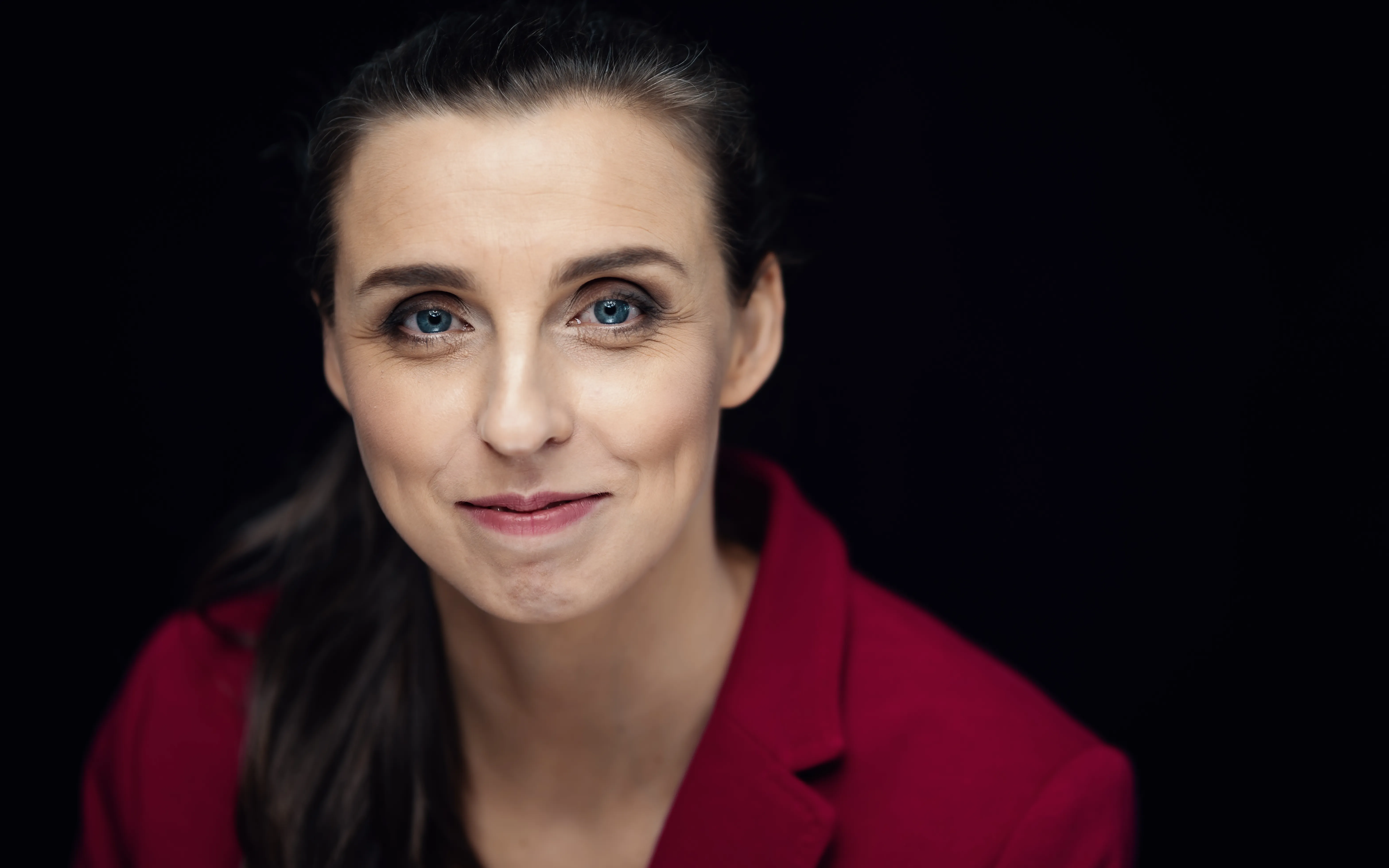
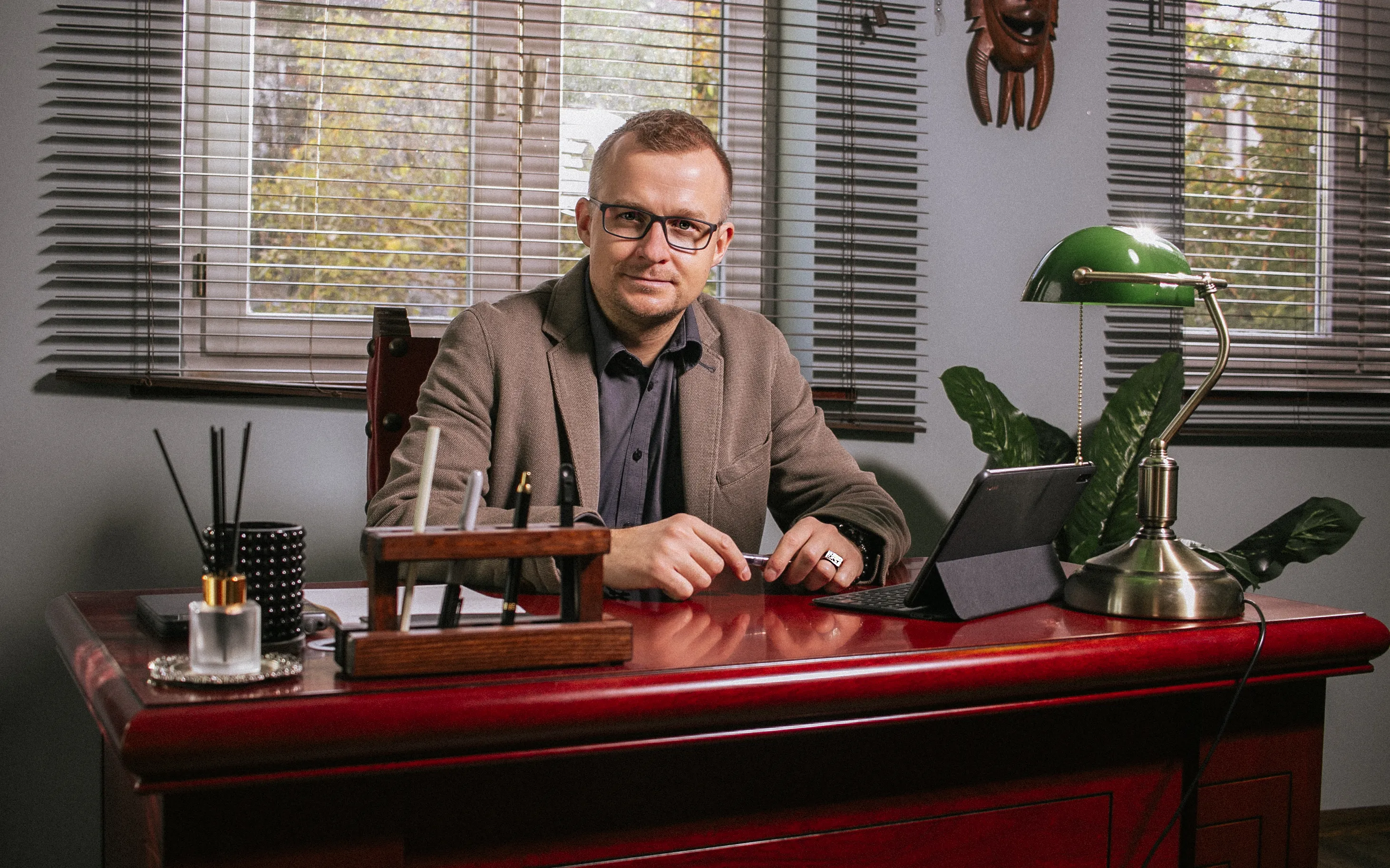


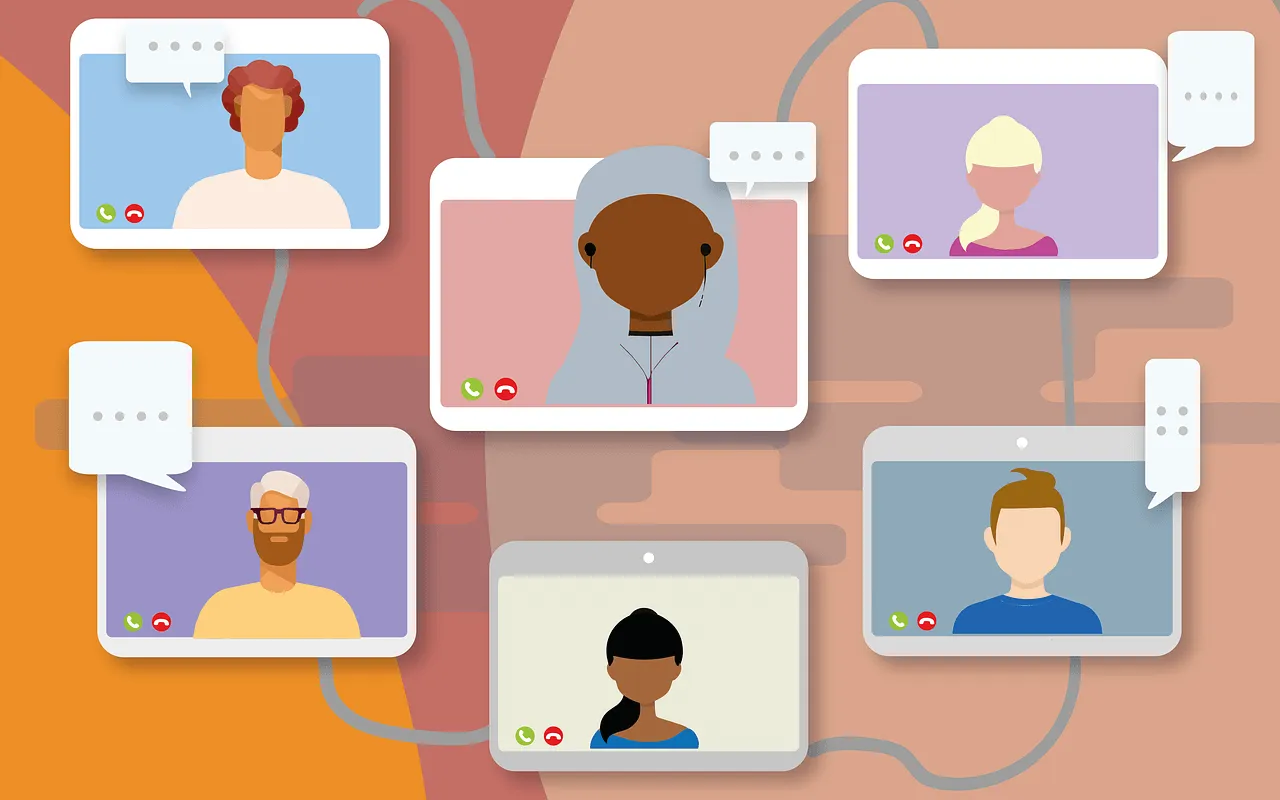
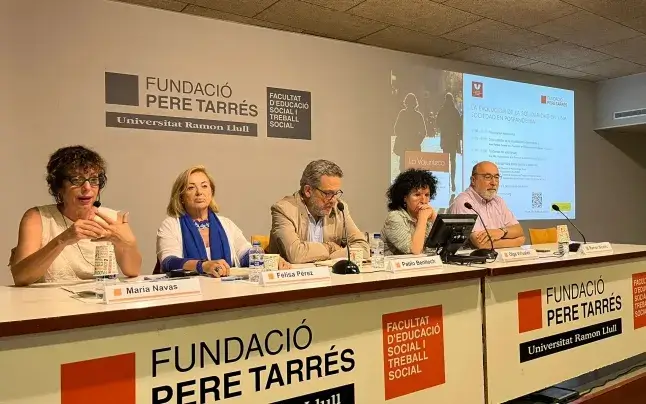
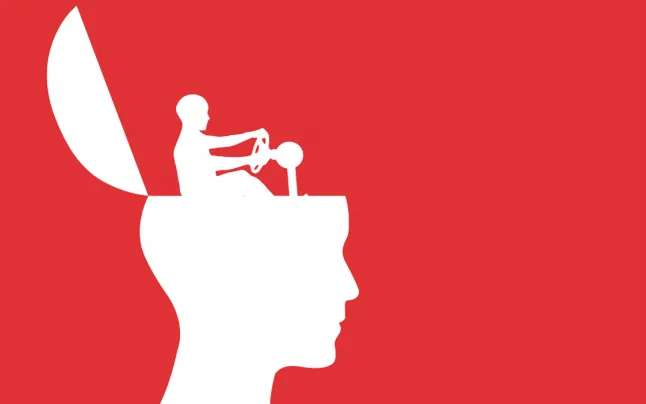
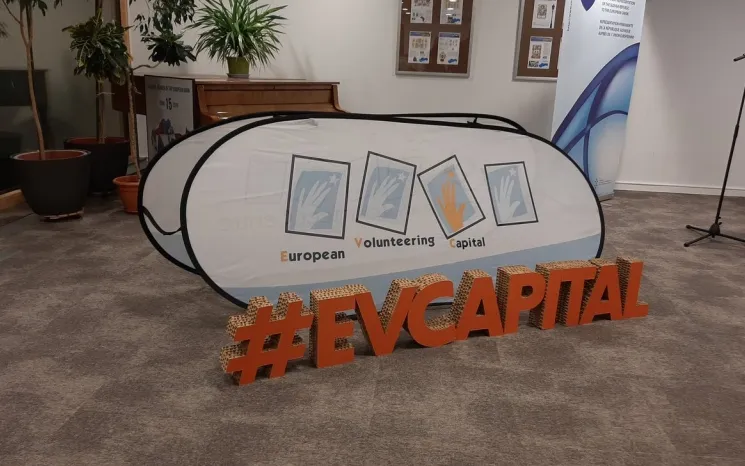
Add new comment